LCSW vs Therapist: Who to See & What to Expect
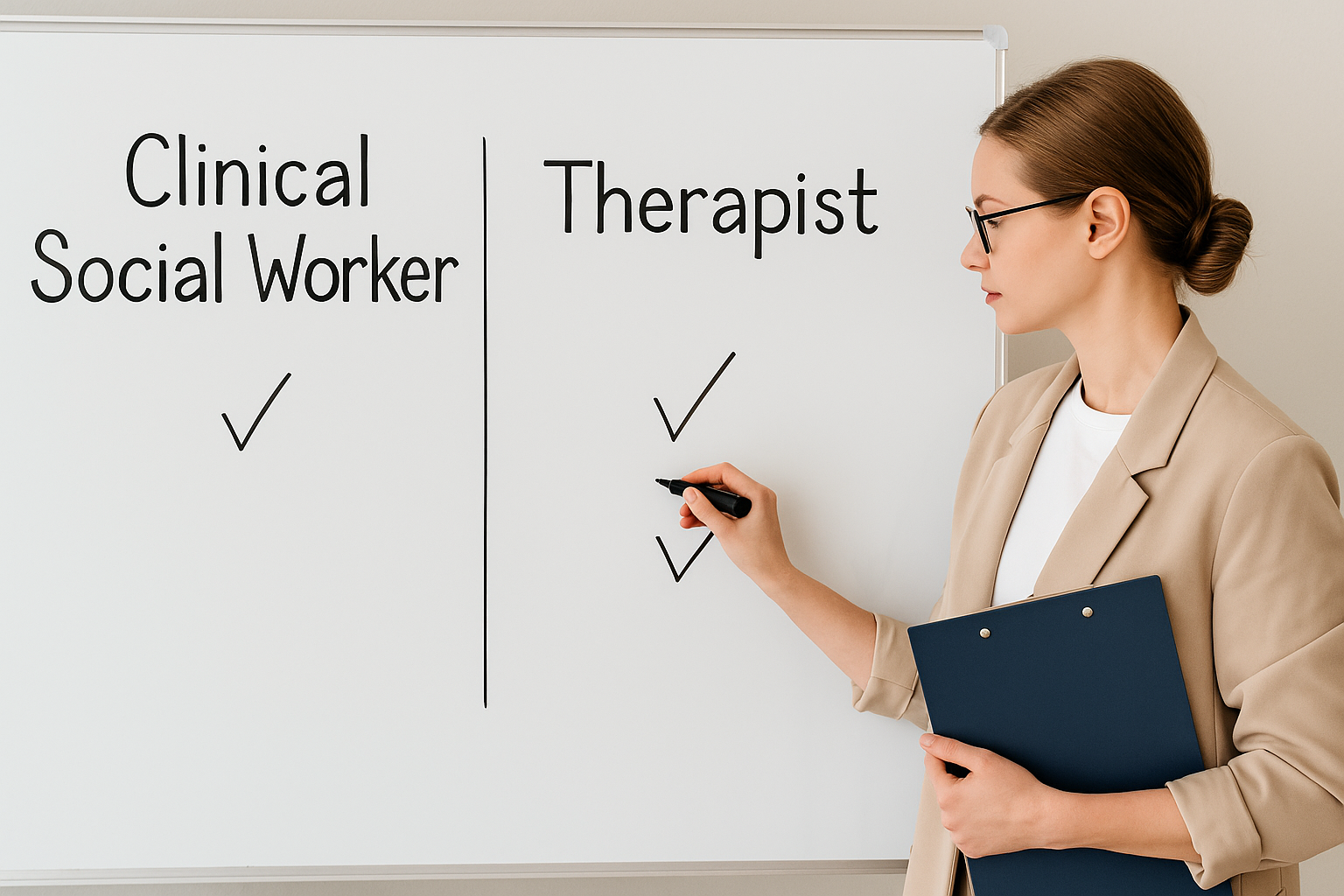
When you’re looking for help with your feelings, thoughts, or stress, it’s easy to get confused by all the different therapy roles out there. You might be asking:
- Is an LCSW a therapist?
- Should I see a therapist or social worker?
- Is LCSW or LMFT better?
- Is being a LCSW stressful?
Let’s clear up the confusion so you can feel confident about getting the help you need.
What Is an LCSW?
An LCSW (Licensed Clinical Social Worker) is a licensed mental health professional who can provide therapy. So yes, an LCSW is a therapist! They are trained to help people deal with emotional problems, life changes, trauma, and mental health challenges like depression or anxiety.
LCSWs can:
- Talk with you one-on-one
- Help you manage stress
- Offer support during hard times
- Teach coping skills
- Provide mental health diagnosis and treatment
They often work in hospitals, schools, clinics, and private offices.
LCSW vs LMFT vs Therapist
| Role | Focus Area | Can Diagnose? | Special Training |
|---|---|---|---|
| LCSW | Emotional health, life problems, trauma | ✅ Yes | Social work & clinical therapy |
| LMFT | Relationships, couples, family dynamics | ✅ Yes | Marriage & family therapy |
| Therapist | General mental health support | ✅ Varies | Varies (can be LCSW, LMFT, LPC) |
Use this chart to decide who fits your needs best!
Is LCSW or LMFT Better?
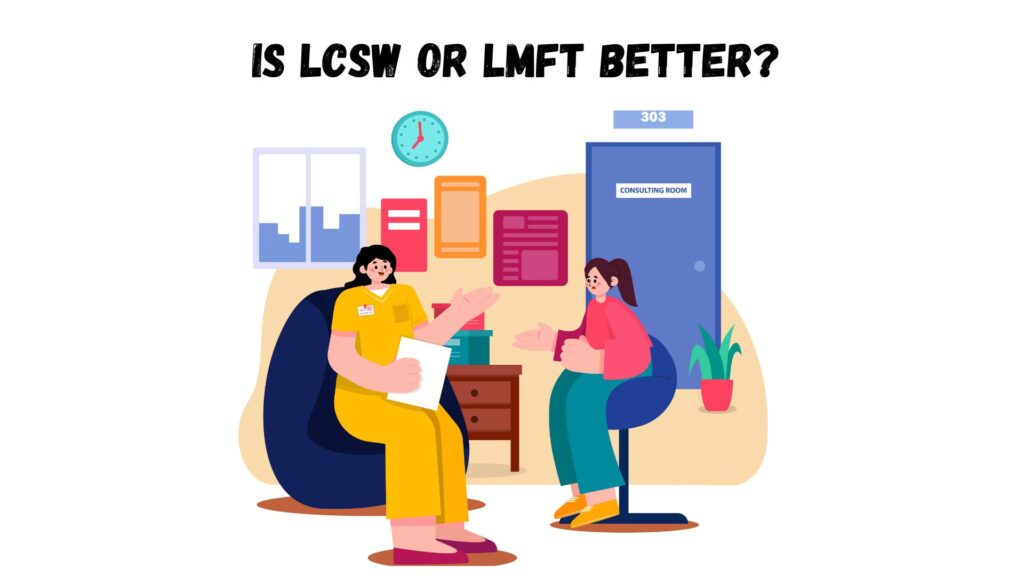
A common question is: Is LCSW or LMFT better?
Both are excellent choices and highly trained.
- Choose LMFT if you’re focused on marriage, couples, or family problems.
- Choose LCSW if you need emotional support for trauma, stress, or personal life issues.
The right one depends on your situation not which one is “better.”
Should I See a Therapist or Social Worker?
This gets asked a lot: Should I see a therapist or social worker?
The answer: Many social workers are also therapists! An LCSW is both a licensed therapist and a trained social worker. They can help with your emotions and also connect you to community resources.
If you’re unsure, start with someone who holds the LCSW license you’ll get both emotional support and practical help.
Is Being a LCSW Stressful?
Yes, being an LCSW is stressful, but it’s also deeply meaningful.
Stress can come from:
- High caseloads
- Emotional exhaustion
- Working in fast-paced settings
But the rewards are:
- Helping people through trauma
- Making real-life change
- Building strong client relationships
Many LCSWs say they wouldn’t trade the job for anything.
How to Choose the Right Mental Health Professional
Here’s how to choose between an LCSW, LMFT, or therapist:
- Understand your needs Is it personal, family, or emotional?
- Research licenses Are they an LCSW, LMFT, or something else?
- Check specialties Look for experience with anxiety, trauma, or relationships.
- Try a consultation Many therapists offer short intro calls.
The goal is to find someone who listens, understands, and supports your growth.
FAQs
What does an LCSW do?
An LCSW provides therapy, support, and mental health care for individuals, families, and groups. They also connect people with community resources.
What’s the difference between a therapist and a social worker?
A therapist treats mental and emotional issues. A social worker can help with therapy and practical life challenges. An LCSW does both.
Can an LCSW diagnose mental illness?
Yes! An LCSW can diagnose and treat mental health disorders, just like psychologists or LMFTs.
Is therapy with an LCSW covered by insurance?
Often, yes. Most insurance plans cover LCSWs, but check with your provider.
Related Resources
- How to Choose a Mental Health Professional – Mental Health America
- Find a Licensed Therapist Near You
Yes, an LCSW is a therapist. You can see a therapist or social worker they often do the same work. Whether LCSW or LMFT is better depends on your needs. And while being an LCSW is stressful, it’s a job filled with heart, purpose, and impact.
Remember: the most important thing is taking the first step to care for your mental health. You’re not alone help is out there.


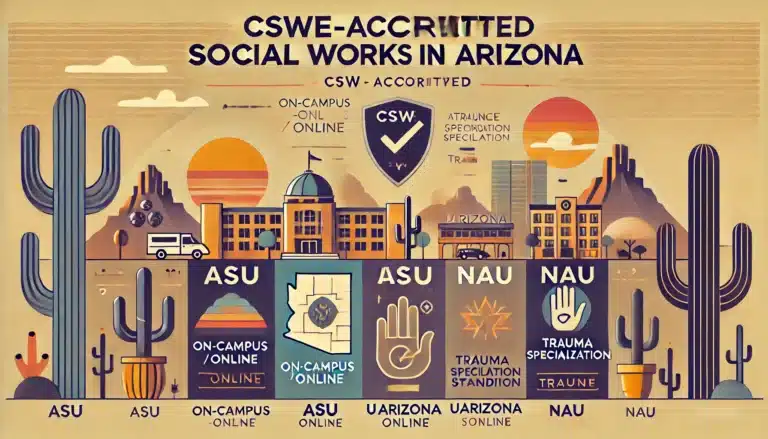
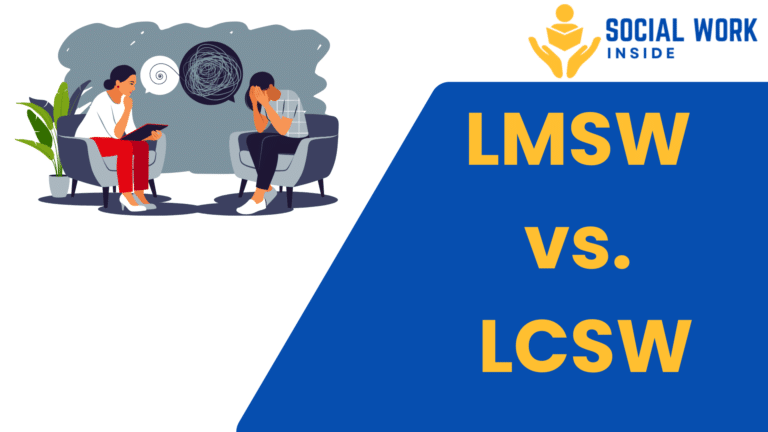
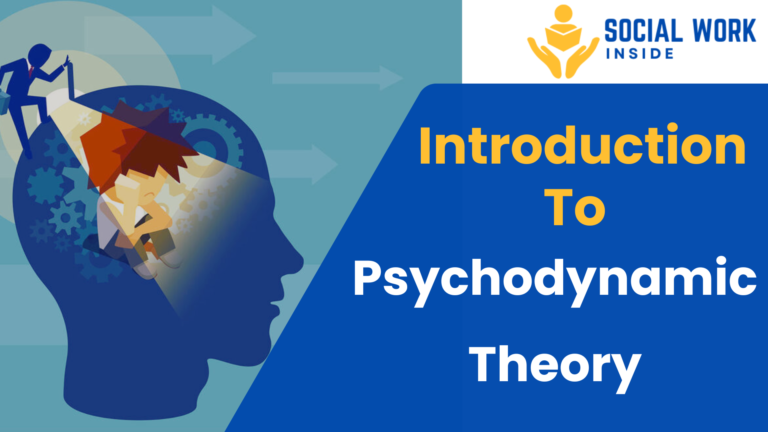

One Comment